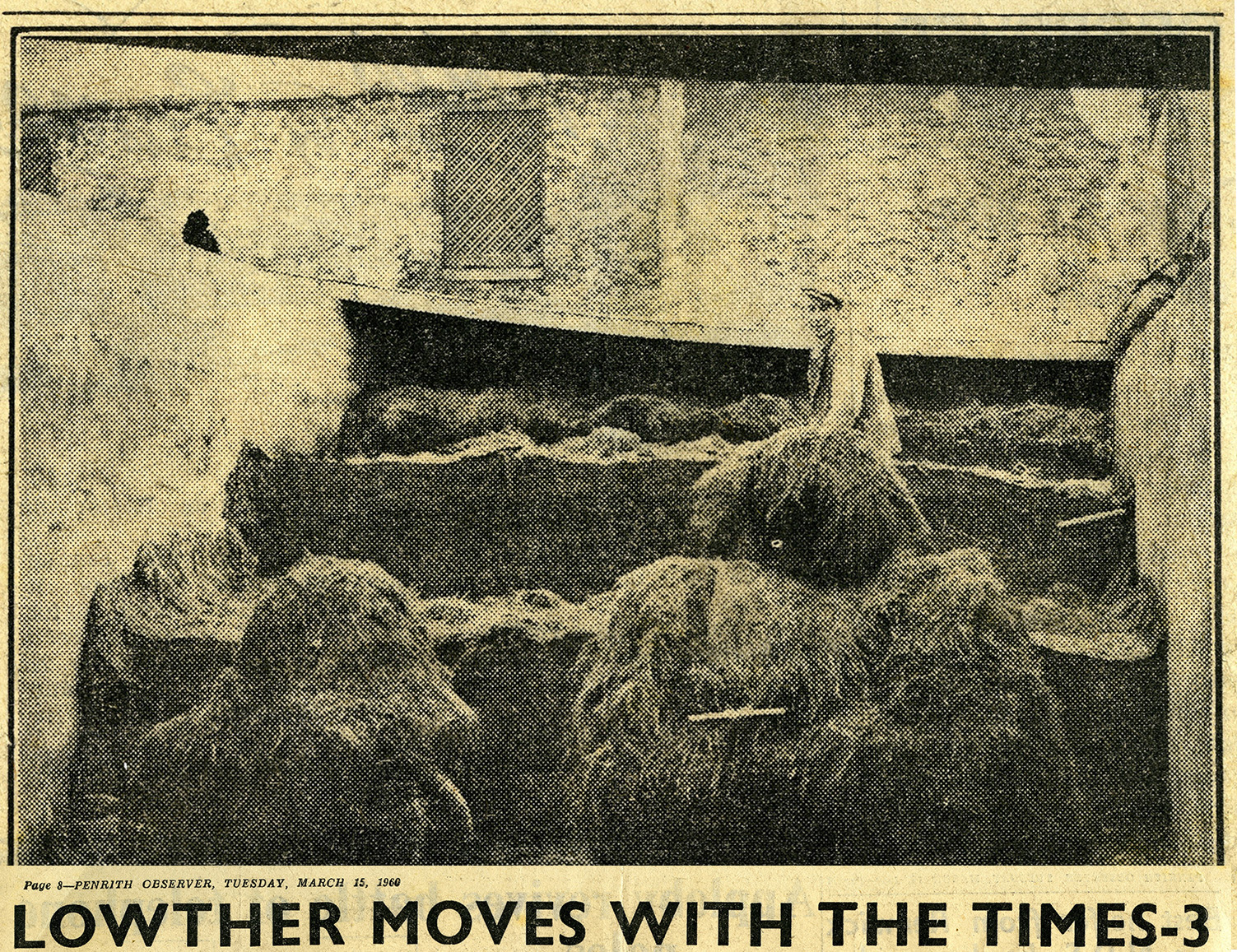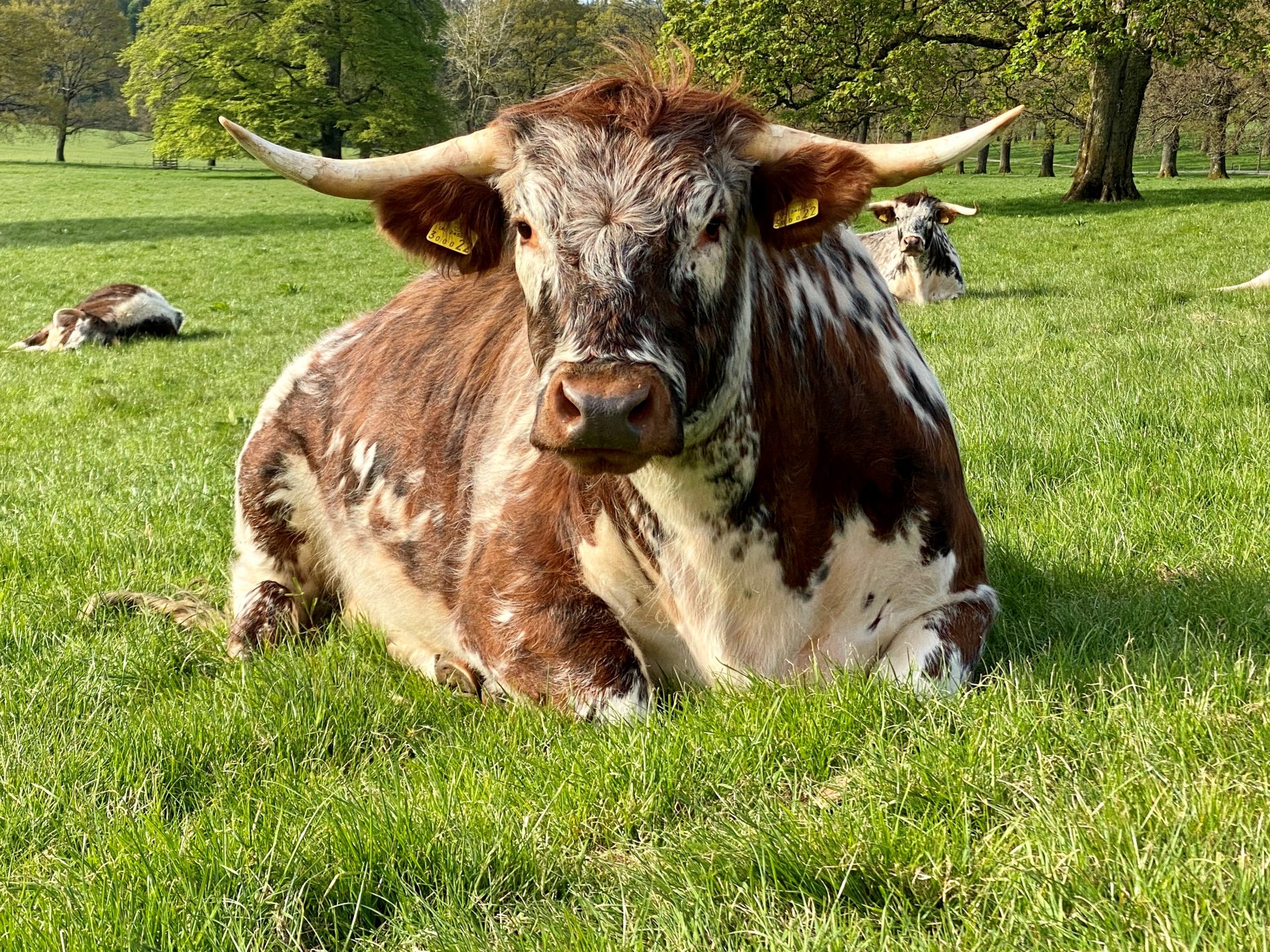The Earth is in the grip of a climate and biodiversity crisis. As an owner of land, we consider it our moral duty to do what we can to respond to these intertwined threats.
The Lowther Estate has always been proudly ambitious and keen to stay ahead of the times. For generations, this has shaped our approach to the management of our land. In the 1960s, the Estate – like many others – responded to the government drive for food production, embracing the full arsenal of modern farming tools and techniques to increase livestock numbers, drain land, remove hedges.


Working with Nature
Today, we have come to understand the damage that was done as a result of enacting those post-war government policies. From an agricultural perspective, much of the Lowther Estate is marginal, ill-suited to such intensive food production. Pushing the landscape hard has left it terribly depleted.
Healthy, rich natural landscapes give so much in return: carbon sequestration, flood risk reduction, water and air quality improvement. Properly functioning landscapes can also produce food, albeit in smaller quantities than were wrested from them previously. At Lowther, we believe it is our duty to ensure that our land returns to full health, so that it can provide wider societal benefits now and far into the future.
